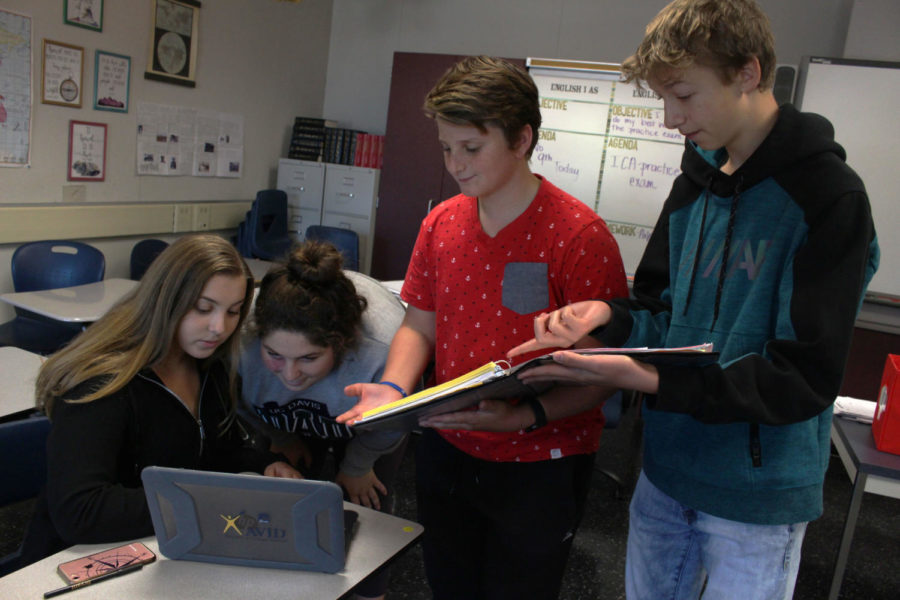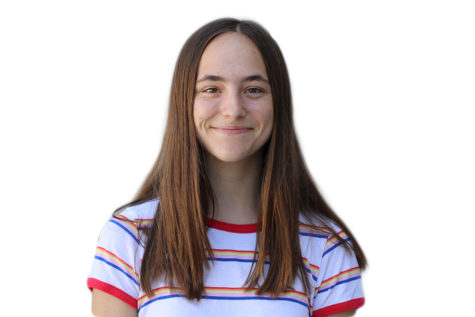The introduction of the Russian Unity Club (RUC) this year has created a welcoming environment for students of Russian heritage.
Ethan Torban and Misha Shkolnik, the freshmen co-presidents, began work on this club early in the school year. Their main goal is to create a place that allows students to celebrate their culture while becoming more educated in its history.
“I think it’s important to have a club like this, because personally, people were mean to me because of my heritage and I know that others have also experienced this,” Torban said.
Combatting the stereotypes towards Russians today is a large focus of the club. Even after its creation, members of the RUC have heard negative comments directed towards themselves and the club. Most criticisms are rooted in dramatized tellings of the political, gender, and societal norms of Russia.
“My family suffered from communism and left Russia for that reason, so it agitates me when people assume that I support the movement that harmed them,” said Katrina Sharonin, a sophomore.
According to the U.S. Census Bureau, there are roughly 3.1 million people in the U.S. with Russian heritage, making them a decent portion of the country. The lack of representation at Carlmont is why Torban and Shkolnik initially sought to start the RUC in the first place.
However, the idea of reversing many of the false assumptions about Russians was even more prevalent.
“Assuming is very impolite because every person is an individual and doesn’t speak for every Russian or Eastern European person,” said Liz Gurevich, the secretary. “We like to advocate for individuality and to break the walls of social norms.”
RUC is not in full swing yet, however. As the executive board has been working to create a plan for the club’s future and how they intend on carrying out their goals, a few open meetings have occurred.
These meetings consisted of members providing ideas for future activities that RUC can coordinate. The executive board has spent a lot of time considering these ideas and creating competitions, games, and finding old Russian cartoons many members watched as kids.
“During the meetings, we just want to create a fun and educational environment and bring more people together,” Gurevich said.
The first activity RUC did involved the designing of a club t-shirt. Members were able to suggest their ideas and create something as a whole.
Looking forward, Torban hopes to host the sale of traditional Russian foods at lunch, and potentially host some games as well.
“Although we have our families, having clubs that further extend the celebration of cultures allows students to feel more welcome at the school and included in a community,” Sharonin said. “It’s an essential part of the school community, no doubt.”



Elizabeth Gurevich • Nov 8, 2018 at 1:51 pm
Loved it! Thanks so much for working with us!! :))